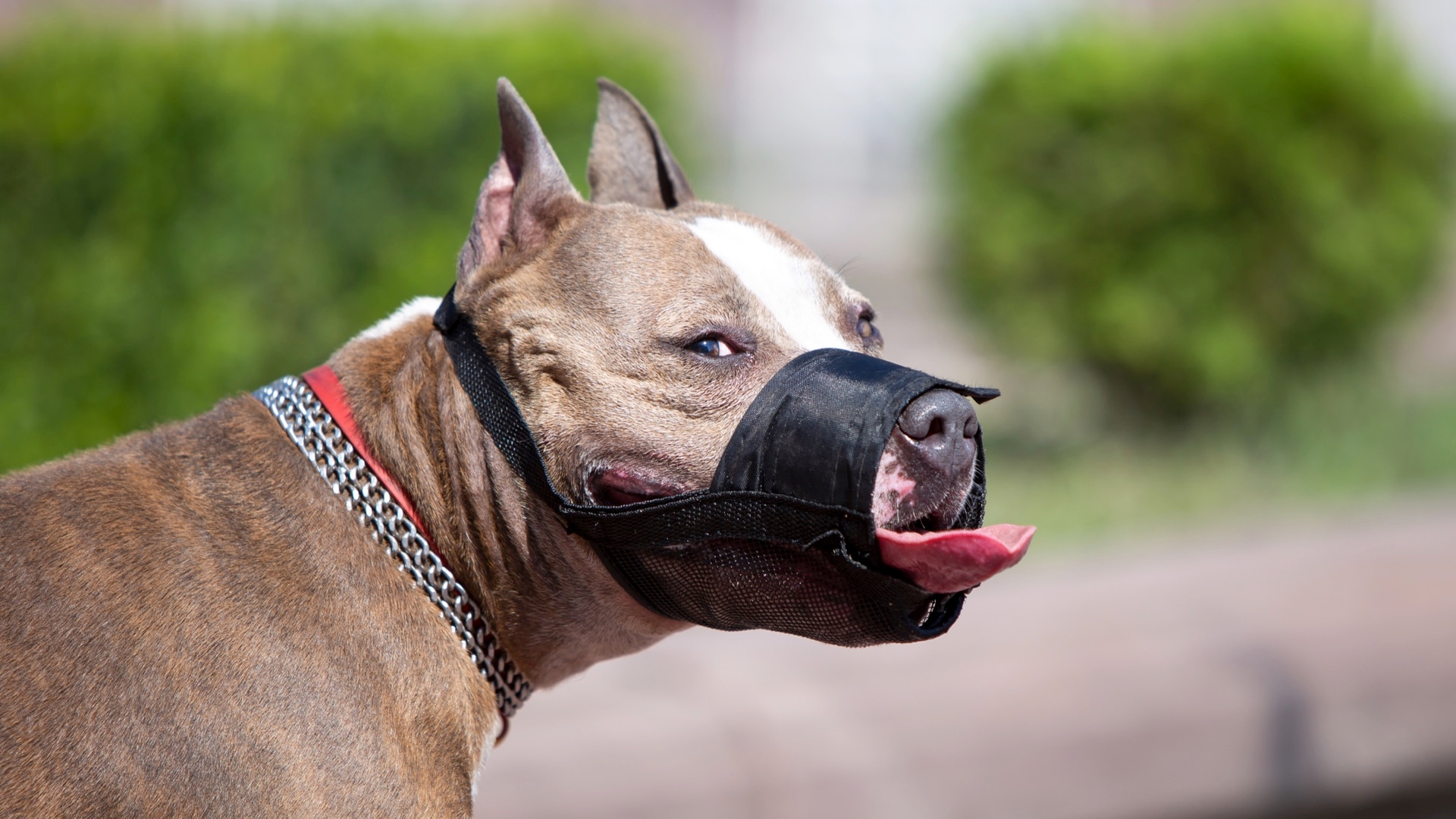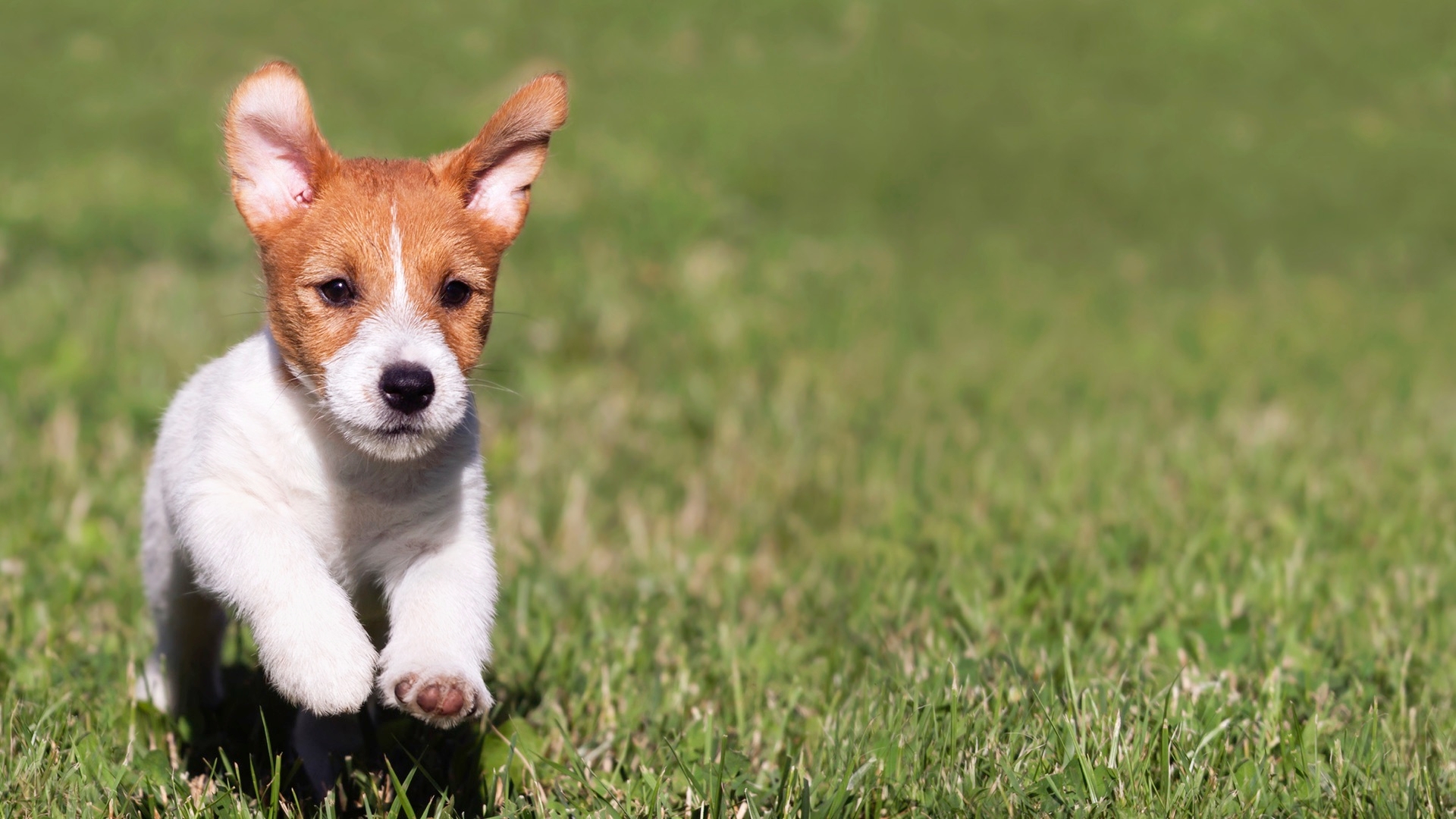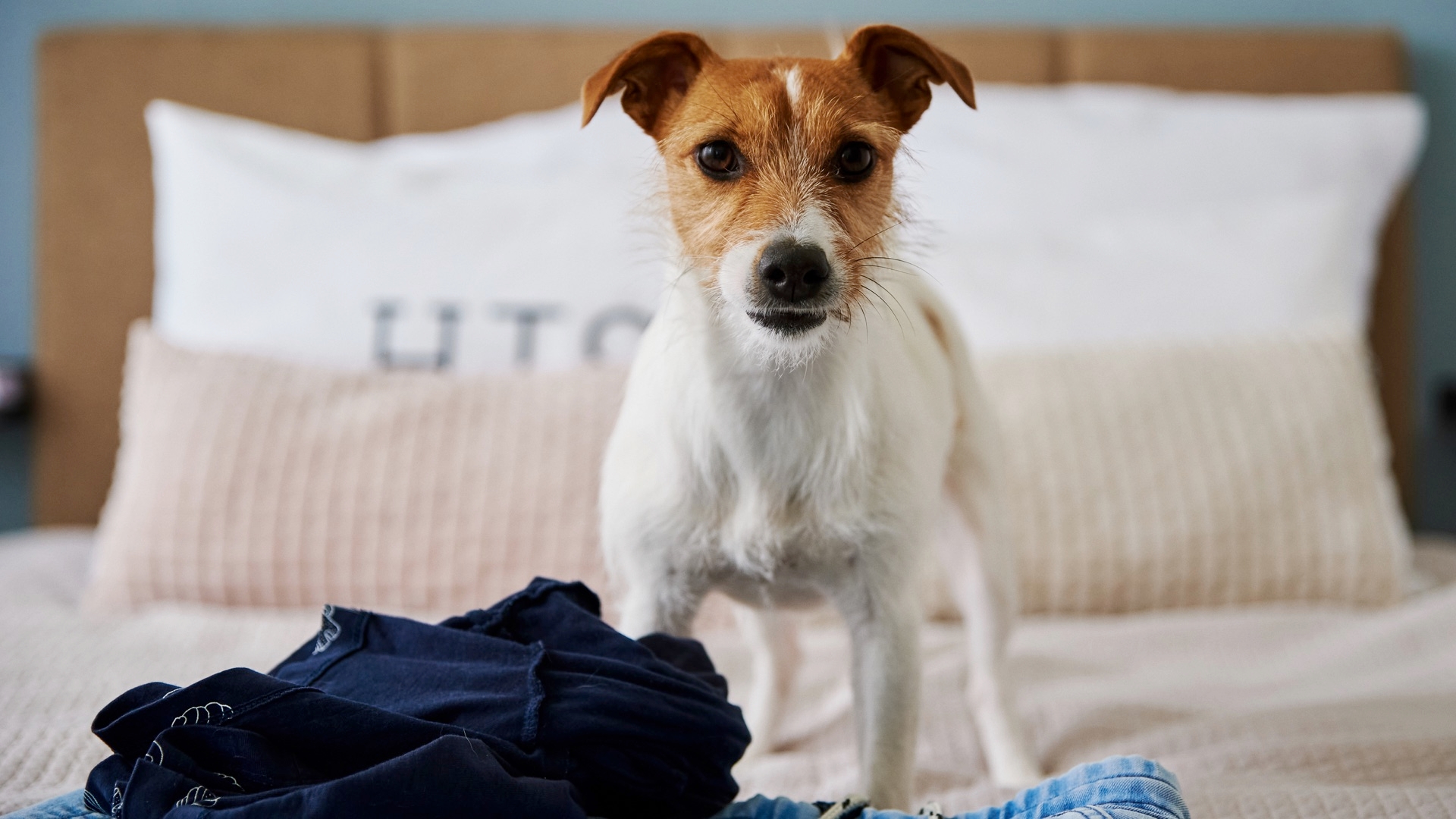Dog:
The tag "dog" relates to: canine, cat, dog training, health, pet health, pet training, pets, responsible pet ownership, tips, and training. For more tags, view our complete tag index.
The following blog entries have been tagged "dog".
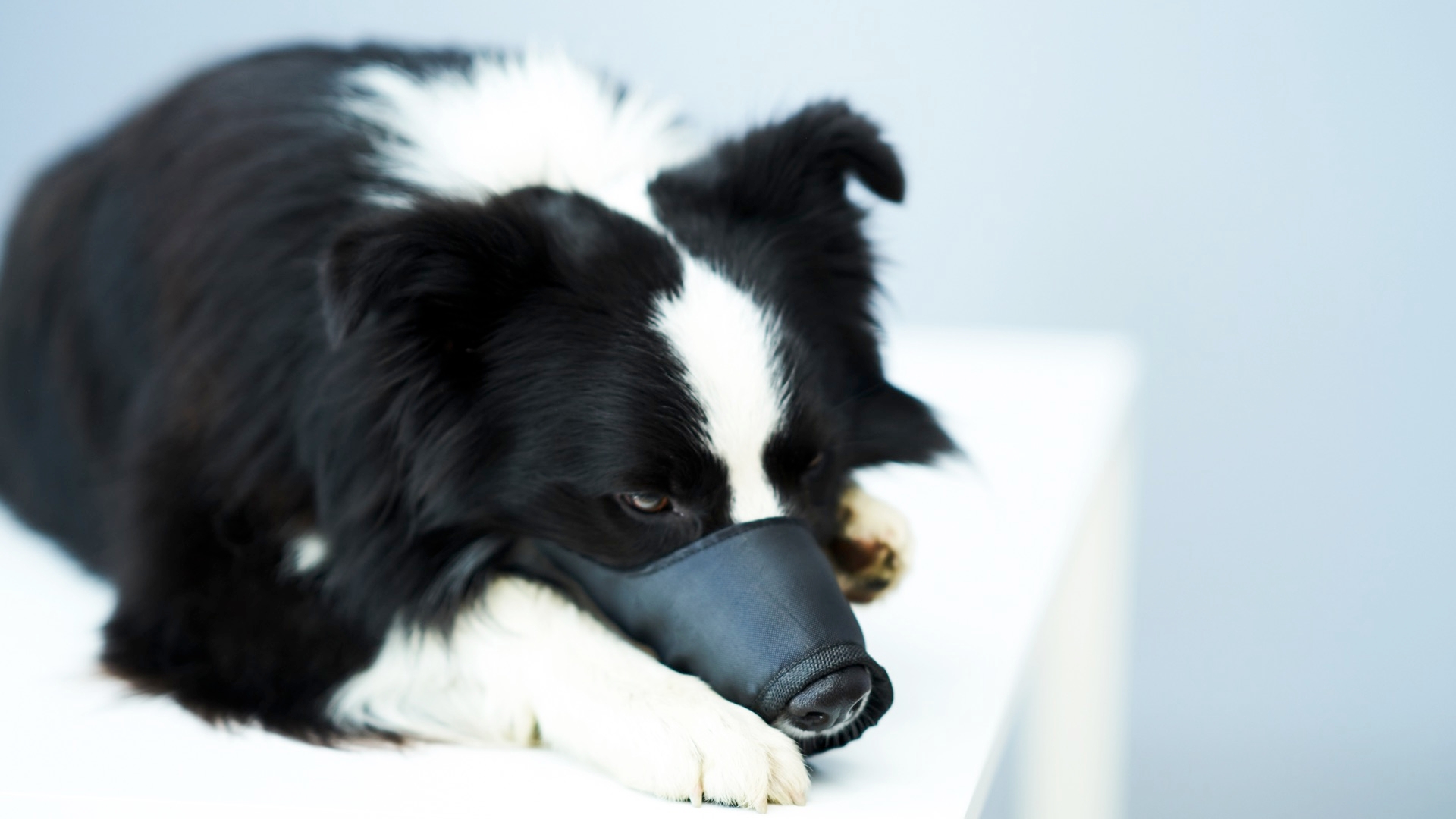
To help your dog learn to wear a muzzle, we recommend using a technique called “Desensitization and Counter conditioning.” This process helps turn a scary or disliked item into something fun and positive. When using desensitization and counter conditioning, it is important to progress slowly and at a pace where your dog stays calm and relaxed. If you rush the process, the training will not be effective.
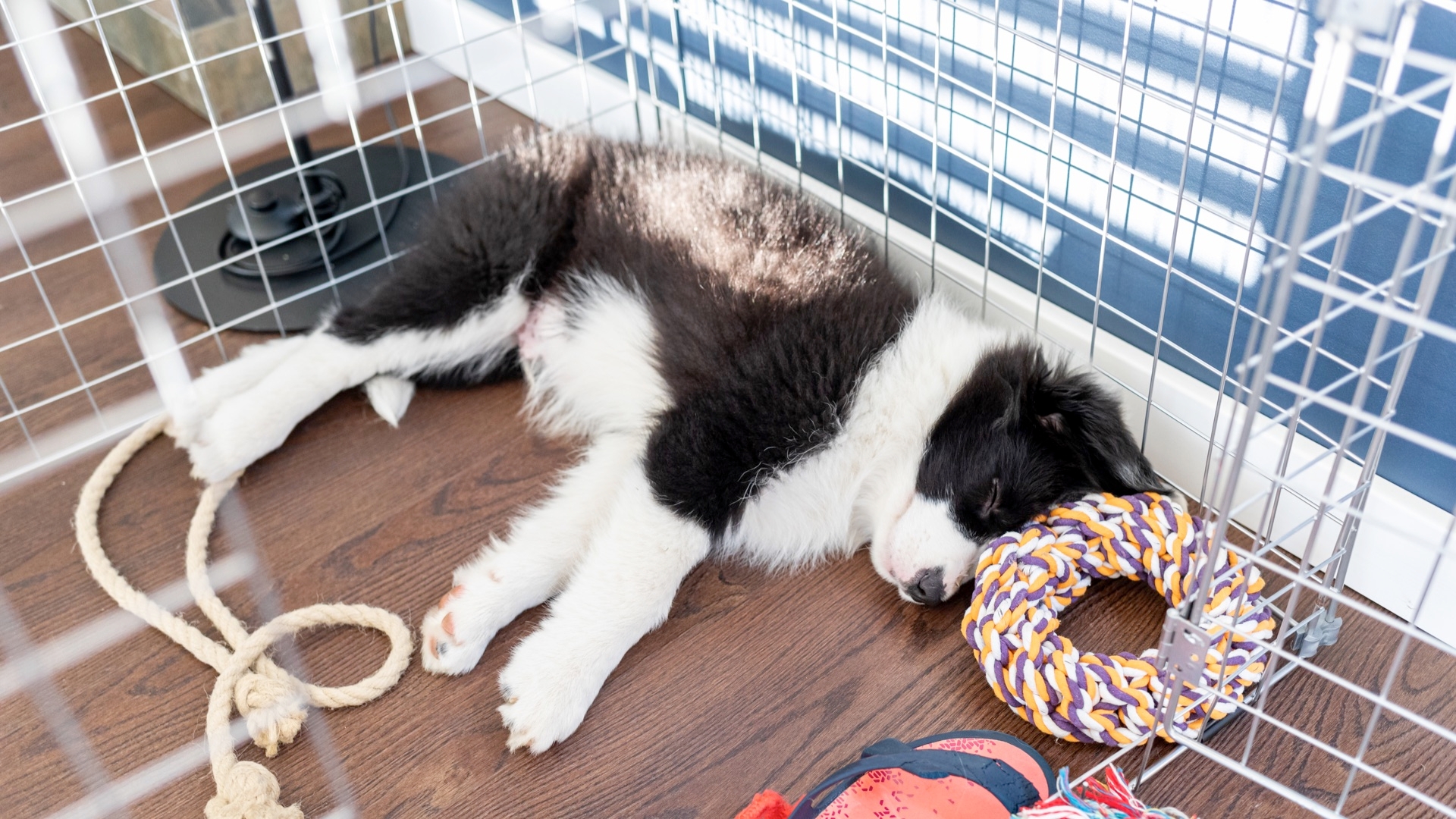
Dogs are hard-wired by their genetic history a to be den animals. A den is a small, safe, well-defined space. It is a place in which dogs feel instinctively safe. It is also a place that they instinctively avoid soiling. The combination of these two native traits are what make crate training, done in the right — way, a kind and effective component in house-training your new puppy or dog
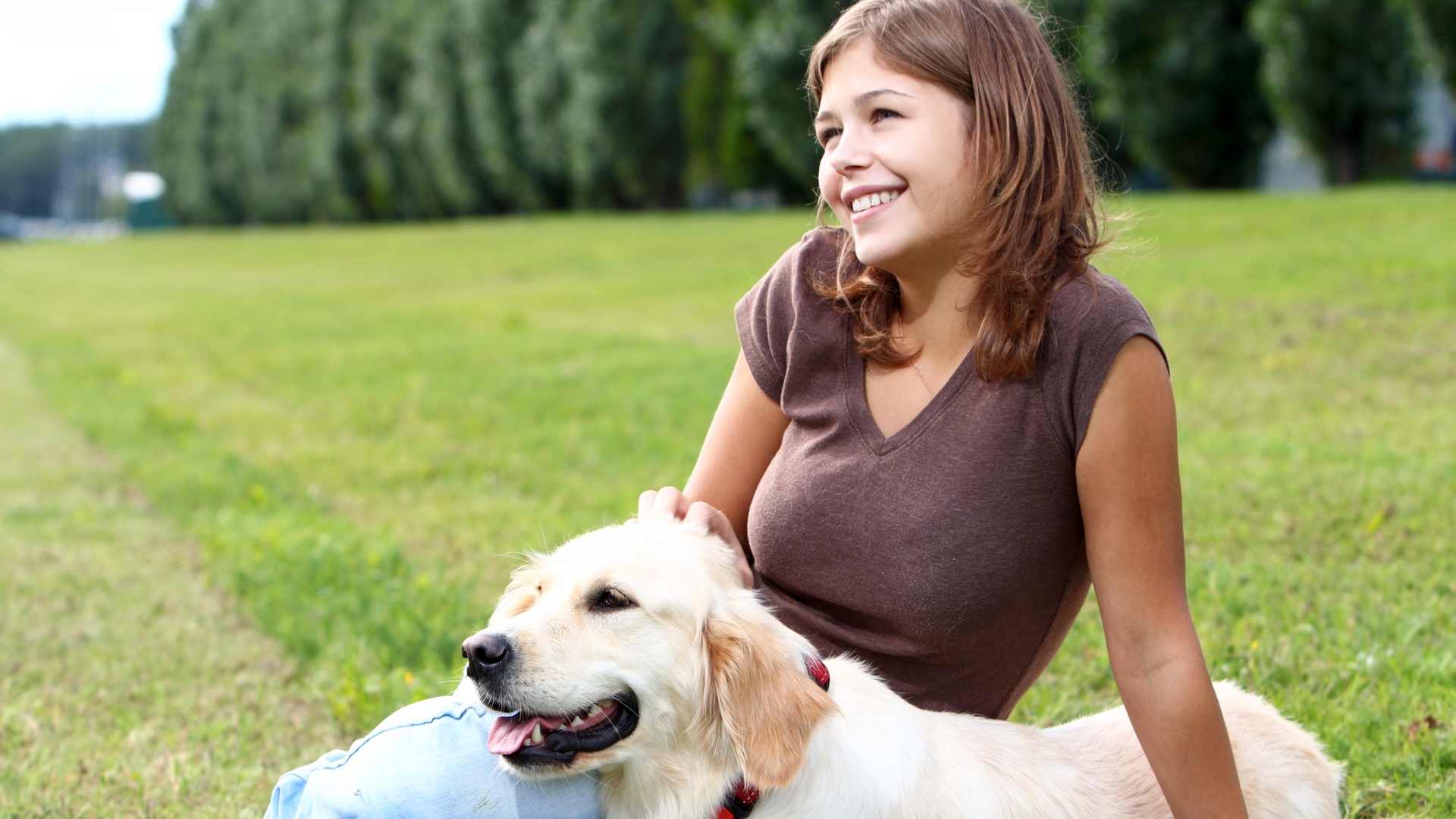
Waving a magic wand won't produce a terrific dog. A well-behaved dog is a product of genetics, training, and loving home. If you are having issues with your dog's behavior, maybe you should consult with a dog behaviorist. Do you know what a dog behaviorist is? And did you know that there is a difference between a dog trainer and a dog behaviorist?
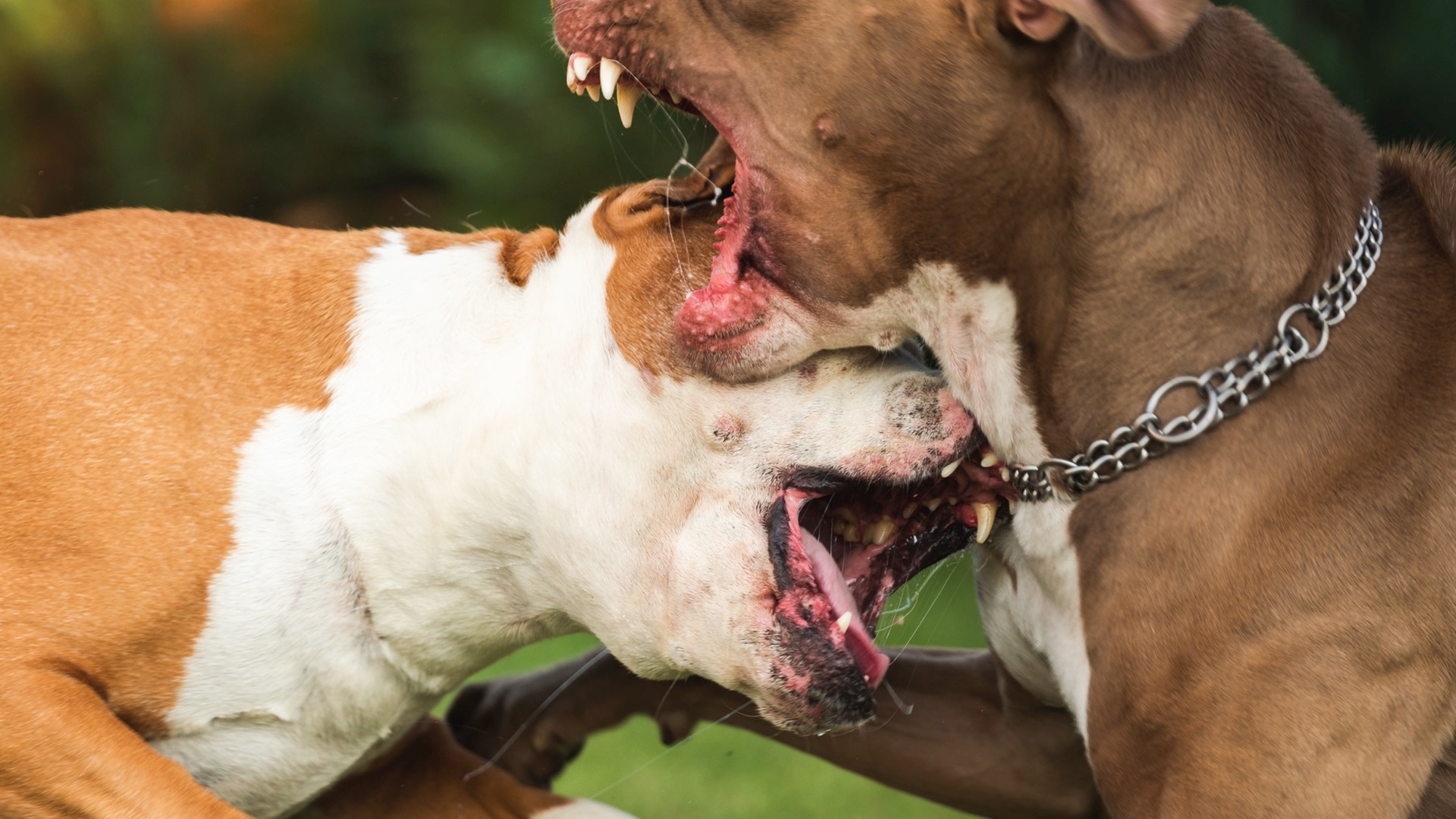
Actions such as "alpha rolls" and "scruff shakes" have no basis when studying wolf or dog behavior. They only lead to creating unnecessary fear on our dog's part toward us, fear that ultimately can lead to aggression because the frightened dog knows of no other way to protect itself other than using its teeth.

Heartworm disease is not contagious, meaning that a dog cannot catch the disease from being near an infected dog. Heartworm disease is only spread through the bite of a mosquito. When the infected mosquito bites another dog, the mosquito spreads the infective larvae to the dog through the bite wound. In the newly infected dog, it takes about 6 to 7 months for the infective larvae to mature into adult heartworms.

There is no evidence to suggest that pets are significant contributors to COVID-19 transmission. The risk of a pet transmitting the virus to their caregiver is considered very low. However you should make plans for your pets in case you get COVID-19 and can no longer take care of them. This is especially important if you are not vaccinated against COVID-19.


